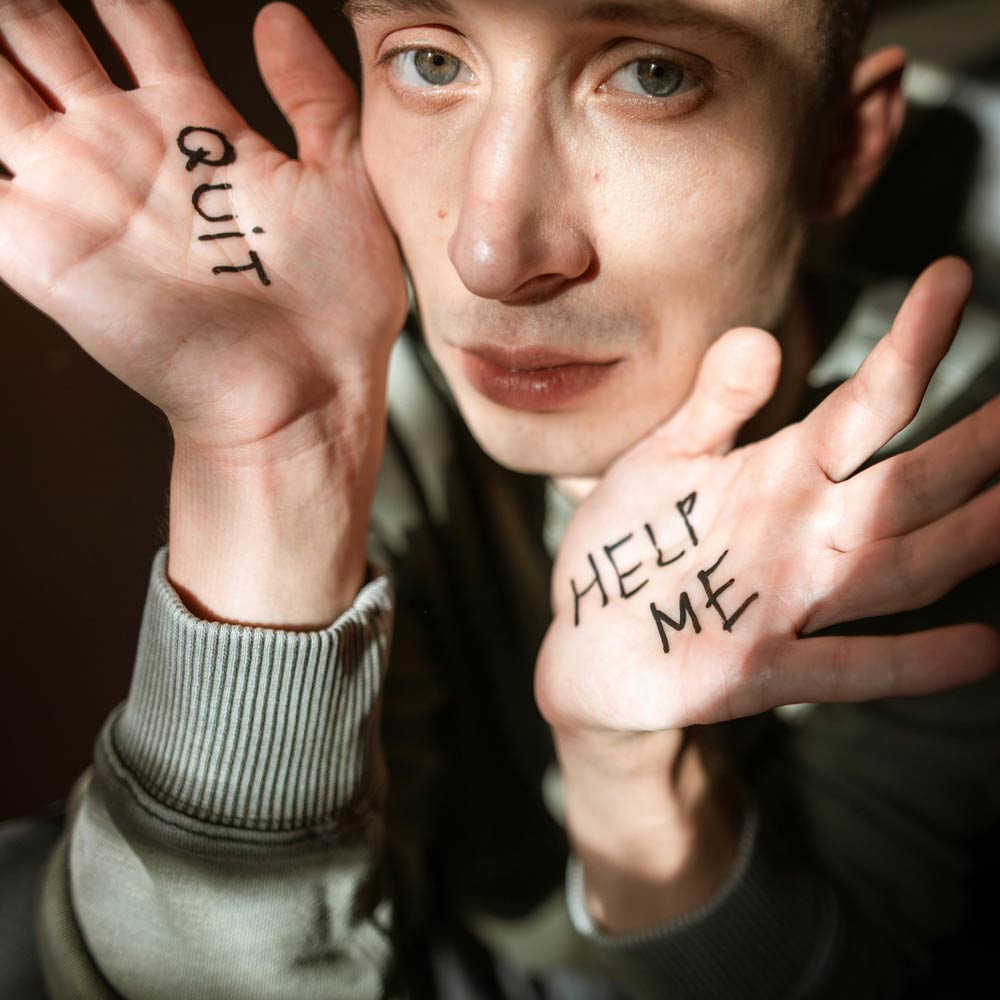
Complex Trauma and PTSD: Healing from the Past to Build a Healthier Future
Complex trauma and post-traumatic stress disorder (PTSD) are often misunderstood conditions that have a lasting impact on an individual’s emotional, psychological, and physical well-being. When left unaddressed, these conditions can significantly disrupt a person’s life, affecting their relationships, self-esteem, and overall sense of safety. As a therapist specializing in complex trauma and PTSD in Los Angeles, I focus on helping individuals process their trauma in a compassionate and healing environment.
What Is Complex Trauma?
Complex trauma occurs when a person is exposed to multiple, prolonged, or repeated traumatic events, particularly in childhood. These events may include physical, emotional, or sexual abuse, neglect, or living in an environment where trauma is constant, such as ongoing domestic violence, emotional neglect and systemic oppression.
Unlike single-incident trauma, which typically focuses on one event, complex trauma can distort an individual’s sense of self and the world around them. Individuals who experience complex trauma often struggle with issues of trust, self-worth, and emotional regulation, which can impact their relationships and overall mental health.
Understanding PTSD and Its Effects
Post-traumatic stress disorder (PTSD) is a mental health condition that can develop after a person has been exposed to a traumatic event. While PTSD has previously been associated with combat veterans, it can affect anyone who has experienced a life-threatening or severely distressing event, including sexual assault, abuse, accidents, or natural disasters.
Common symptoms of PTSD include:
- Intrusive thoughts and flashbacks – Repeated, involuntary memories or flashbacks that cause emotional distress.
- Avoidance – Avoiding places, people, or situations that may trigger memories of the traumatic event.
- Hyperarousal – Feeling overly alert, anxious, or easily startled.
- Negative mood and thoughts – Experiencing feelings of numbness, hopelessness, guilt, or detachment from others.
Both complex trauma and PTSD share a common thread: they result from experiences that leave individuals feeling unsafe and disconnected from themselves and others.
The Impact of Complex Trauma and PTSD
The effects of complex trauma and PTSD can be far-reaching, influencing many aspects of an individual’s life. Survivors often find it challenging to regulate their emotions, form stable relationships, and maintain a healthy sense of self. Here are some of the common effects of complex trauma and PTSD:
- Emotional Dysregulation – Individuals with complex trauma may struggle with intense emotions, such as anger, fear, sadness, and anxiety. They may feel overwhelmed by these emotions and have difficulty managing them in everyday situations.
- Relationship Challenges – Survivors of trauma may have difficulty trusting others, which can lead to unhealthy attachment patterns and challenges in forming or maintaining intimate relationships.
- Low Self-Esteem – Complex trauma often causes individuals to feel worthless or undeserving of love and care. This negative self-perception can hinder personal growth and lead to feelings of shame and guilt.
- Avoidance – Many individuals with PTSD avoid reminders of their trauma, which can lead to social isolation, a lack of engagement with life, and difficulty pursuing personal goals.
- Difficulty in Daily Functioning – PTSD can make it difficult to focus, concentrate, or feel motivated, leading to challenges in school, work, and daily responsibilities.
How Therapy Can Help Heal Complex Trauma and PTSD
Healing from complex trauma and PTSD in Los Angeles requires a therapeutic approach that recognizes the lasting impact of trauma while fostering a safe environment for recovery. I use several evidence-based therapeutic modalities to help individuals process their trauma and regain a sense of control and safety in their lives. The following modalities are central to my approach:
- EMDR (Eye Movement Desensitization and Reprocessing) – This therapy helps individuals reprocess traumatic memories by using bilateral stimulation (such as eye movements). EMDR is highly effective in reducing the emotional intensity of traumatic memories, allowing individuals to move beyond their past experiences.
- Psychodynamic Psychotherapy – This approach focuses on uncovering unconscious thoughts and patterns related to past trauma. By gaining insight into these underlying factors, individuals can begin to heal the emotional wounds that have influenced their present-day behavior.
- Internal Family Systems (IFS) – IFS helps individuals identify and address the different parts of themselves that have been affected by trauma. By working with these internal parts, clients can heal emotional wounds and develop a more integrated and balanced sense of self.
- Attachment-Based Therapy – This therapy focuses on healing attachment wounds caused by early relational trauma. It helps individuals build healthier relationships by addressing the emotional and relational patterns formed in childhood.
- Polyvagal Theory – This theory explores the connection between the nervous system and emotional regulation. By understanding how the body reacts to trauma, clients can learn techniques to calm their nervous system and restore a sense of safety.
Steps Toward Healing from Complex Trauma and PTSD
Healing from complex trauma and PTSD is a gradual process that requires patience, compassion, and support. Here are the key steps in the healing process:
- Establishing Safety – The first step in trauma therapy is creating a sense of safety and stability. This involves establishing trust between therapist and client and introducing grounding techniques to help manage overwhelming emotions.
- Trauma Processing – Once safety has been established, clients begin to process their traumatic memories. This involves revisiting past events in a controlled and therapeutic manner, reducing the emotional charge attached to them.
- Emotional Regulation – Clients learn to manage intense emotions through techniques like mindfulness, grounding exercises, and breathing practices, which help regulate the nervous system and promote emotional stability.
- Rebuilding Self-Identity – As clients work through their trauma, they begin to rebuild their sense of self. This involves developing healthier self-esteem, building self-compassion, and learning how to form secure and trusting relationships.
The Benefits of Complex Trauma and PTSD Therapy in Los Angeles
Los Angeles is home to a diverse population, and therapy services are available to support individuals from all walks of life. When it comes to complex trauma and PTSD, therapy in Los Angeles provides unique benefits:
- Cultural Sensitivity – Los Angeles therapists are trained to understand and respect cultural differences, ensuring that therapy is tailored to each individual’s background and needs.
- Privacy and Confidentiality – In a city that values privacy, therapy services in Los Angeles provide a confidential and safe environment for individuals to work through their trauma without fear of judgment.
- Access to Specialized Therapies – Los Angeles offers a range of specialized therapies for trauma, such as EMDR, IFS, and attachment-based therapy, allowing individuals to receive the most effective treatment available.

Ready to Start Your Healing Journey?
If you or a loved one is struggling with complex trauma or PTSD in Los Angeles, I am here to help. As an experienced therapist, I offer compassionate support tailored to your unique needs. Together, we can work through the trauma and help you rebuild your life, one step at a time.
📞 Call us: (323) 673-5562
🖥️ Book Online: Free 20-minute Consultation
📩 Email us: dk@healingwithdeepa.com
🖥️ Book Online: Free 20-minute Consultation
📩 Email us: dk@healingwithdeepa.com
Reach out for your
free consultation today.
free consultation today.